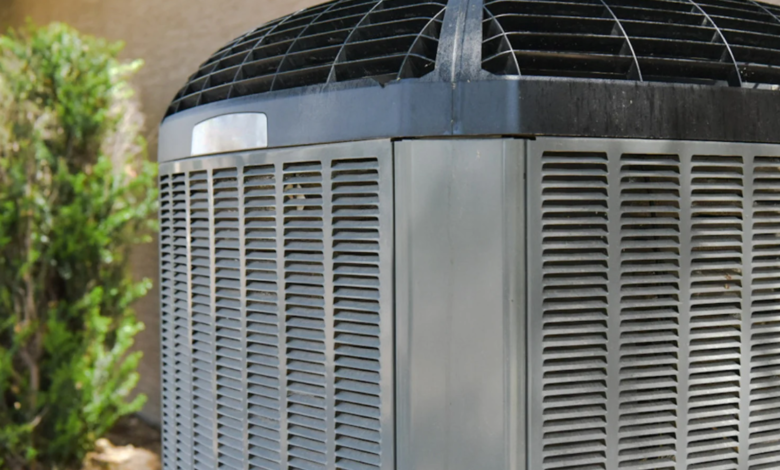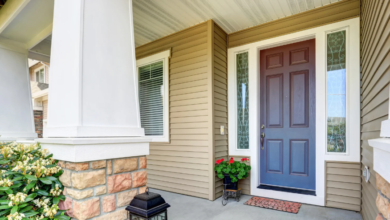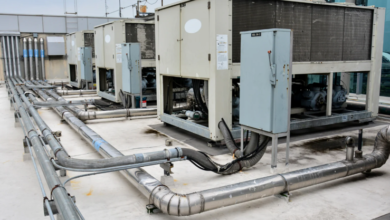How To Decide if Geothermal HVAC Is a Good Fit for Your Home

Geothermal HVAC systems are becoming an increasingly attractive option for homeowners seeking long-term efficiency and sustainability. These systems use underground loops to transfer heat between your home and the Earth, offering consistent indoor comfort with minimal energy consumption. If you’re considering an upgrade, many professionals for HVAC installation in Troy recommend evaluating whether geothermal is suitable for your property before making the investment.
While geothermal technology can provide substantial benefits, its effectiveness depends on factors like property layout, soil conditions, and installation readiness.
Understanding the Geothermal Installation Process
Unlike traditional HVAC systems, geothermal units require underground loop installation, which involves digging or drilling. This makes site evaluation a critical first step. Professionals assess the available space, terrain, and geology to determine whether a horizontal or vertical loop system is more appropriate.
An important part of this assessment includes understanding how long HVAC installation takes, especially with geothermal projects that are more complex than conventional setups. Factors such as permitting, excavation, and loop configuration can influence the total timeline, which helps homeowners plan for any temporary disruptions.
Homes with ample yard space and accessible soil tend to be ideal for geothermal systems. However, rocky landscapes or limited lot sizes might increase the installation complexity or cost.
See also: The Benefits of LED Lighting in Telford: A Smart Choice for Homes
Energy Efficiency and System Longevity
One of the primary advantages of geothermal HVAC is its energy efficiency. By using the Earth’s stable temperature as a heat source or sink, these systems consume less electricity and reduce monthly utility bills. Over time, this efficiency results in meaningful savings that offset the higher initial installation costs.
Geothermal systems are also known for their durability. Indoor equipment typically lasts over 20 years, while the underground loops can function for 50 years or more with minimal maintenance. To achieve optimal performance, however, proper HVAC installation enhances energy efficiency across any system. A poorly executed install can lead to air circulation issues, short cycling, or system strain, problems that can negate the benefits of high-efficiency equipment.
Factors to Consider Before Choosing Geothermal
Before making a decision, homeowners should consider several important factors:
- Lot size and layout – Sufficient outdoor space allows for cost-effective loop installation.
- Soil type – The thermal conductivity of the ground affects the system’s performance.
- Insulation quality – A well-sealed and insulated home supports consistent efficiency.
- Budget and incentives – While upfront costs are higher, federal and local rebates can reduce expenses.
In many cases, a professional consultation is the best way to determine feasibility. HVAC specialists in Troy can assess site-specific details and recommend whether a geothermal solution is a practical and cost-effective choice for your home.
Ensuring that sizing, ductwork, and insulation are addressed during the process leads to better airflow and fewer long-term issues.
Conclusion
Deciding whether geothermal HVAC is right for your home requires thoughtful evaluation of your property, energy goals, and installation conditions. With the right setup and expert guidance, a geothermal system can deliver superior comfort, energy savings, and long-term performance, making it a smart investment for homeowners focused on sustainability and efficiency.





